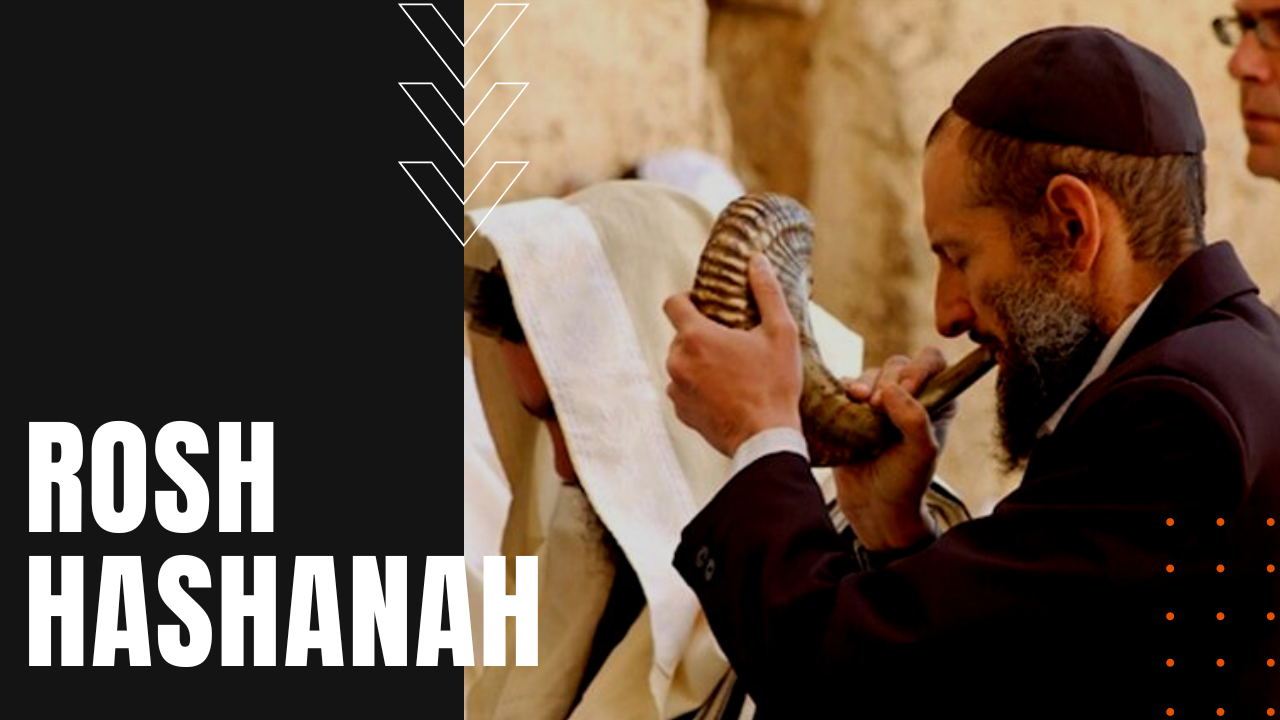Rosh Hashanah: Meaning, Beliefs, Customs and More

What is Rosh Hashanah?
While the Hebrew calendar begins with the month of Nisan, the Jewish New Year or Rosh Hashanah—which translates to the head of the year—begins at the start of Tishrei, when in accordance with scripture, God first created the world.
For the next ten days leading up to Yom Kippur, practicing Jews believe that God judges all living creatures, inscribing the names of the righteous in the “book of life,” while condemning the wicked to death. For those who fall somewhere in the middle, Jews perform “teshuvah” or repentance through prayer, good deeds and reflection on past mistakes.
Rosh Hashanah Customs
In synagogues the world over, unique liturgical texts, songs and customs are performed by rabbis and their congregants, reading from a special prayer book known as the machzor. A ram’s horn trumpet known as a shofar is an essential part of Rosh Hashanah services, where musicians play four sets of notes—a long blast, three short blasts, nine staccato blasts and a final long blast—giving the holiday its second name, Yom Teruah, or the day of the shofar sounding.
After Rosh Hashanah services, many Jews gather in homes and parks for a festive meal rich in symbolism and tradition, wearing new or special clothing as they adorn their tables with fine linens and place settings, lighting two ceremonial candles before indulging in food that represents optimism for the new year to come.
Apple slices dipped in honey are consumed in abundance, since ancient Jews believed that apples had unique healing properties, while honey signified a symbolic hope that the year ahead would be a sweet one. Braided bread known as challah is baked in round loaves that symbolize either the cyclical nature or life or the crown of God almighty. Jews greet each other on Rosh Hashanah with the Hebrew-shortened phrase, “L’shana tovah” which translates as “to a good year.”
“L’shana tovah” or “to a good year.”
Rosh Hashanah Greeting
Other Jews practice the custom of tashlich or casting off of sins by throwing pieces of bread into a flowing body of water while reciting prayers, symbolizing a casting away of sins committed during the past year, giving many faithful a sense of spiritual cleansing and renewal, making Rosh Hashanah one of the holiest events for practicing Jews everywhere.
